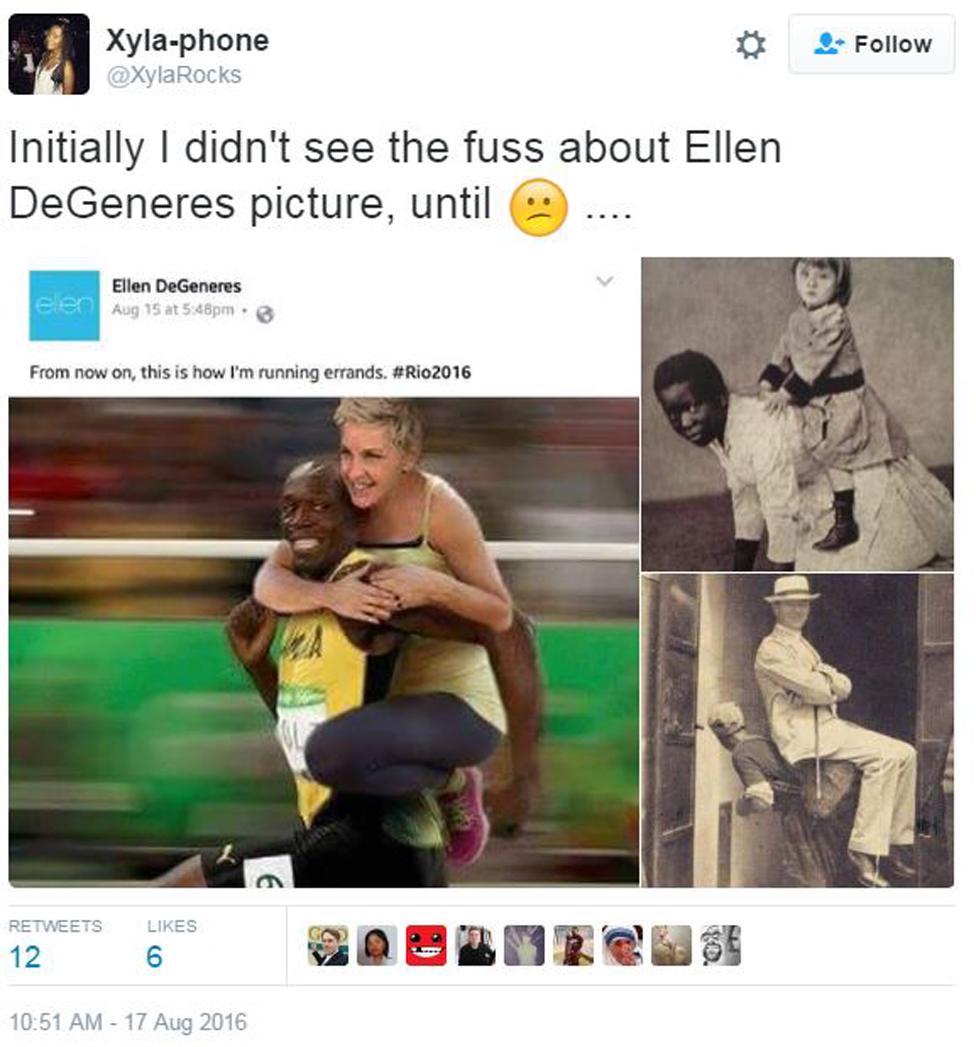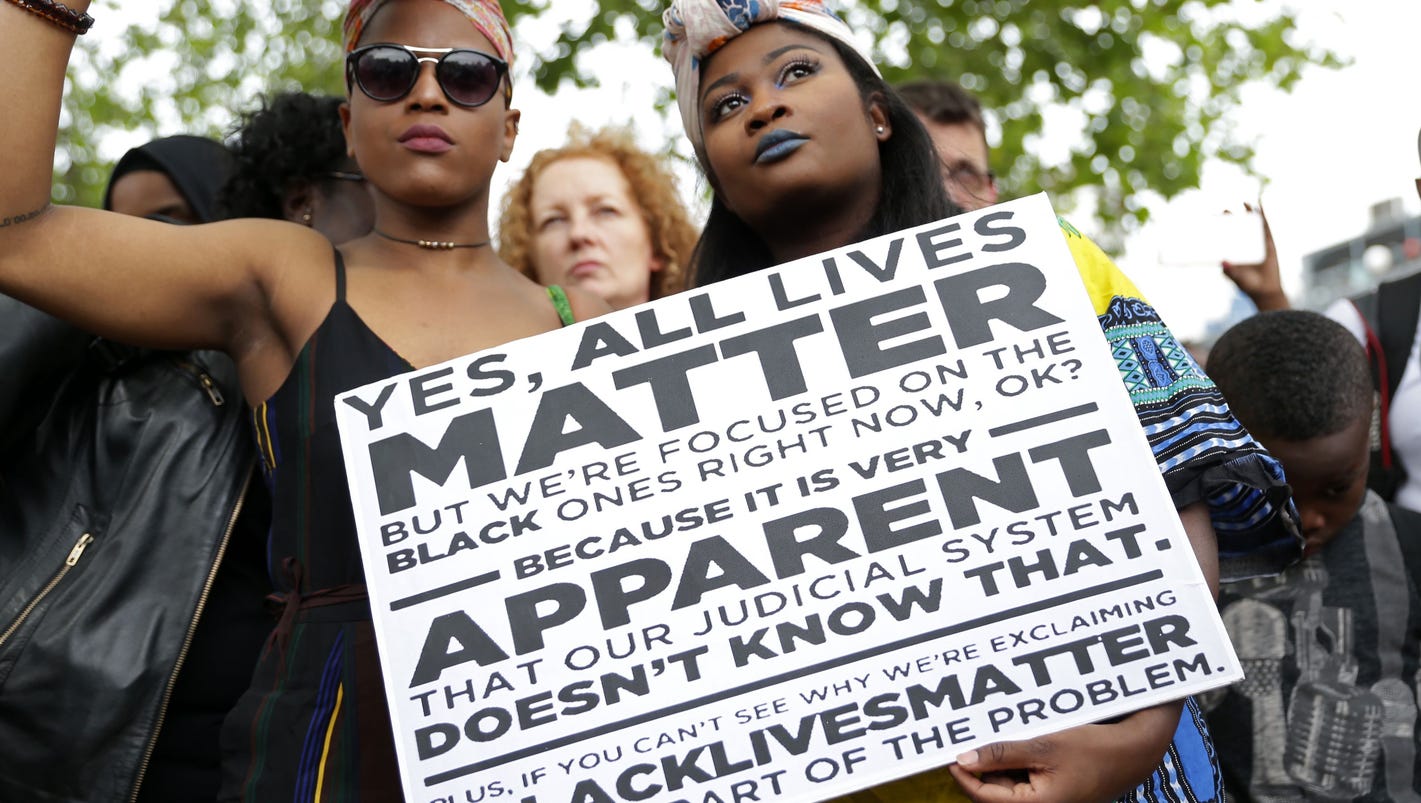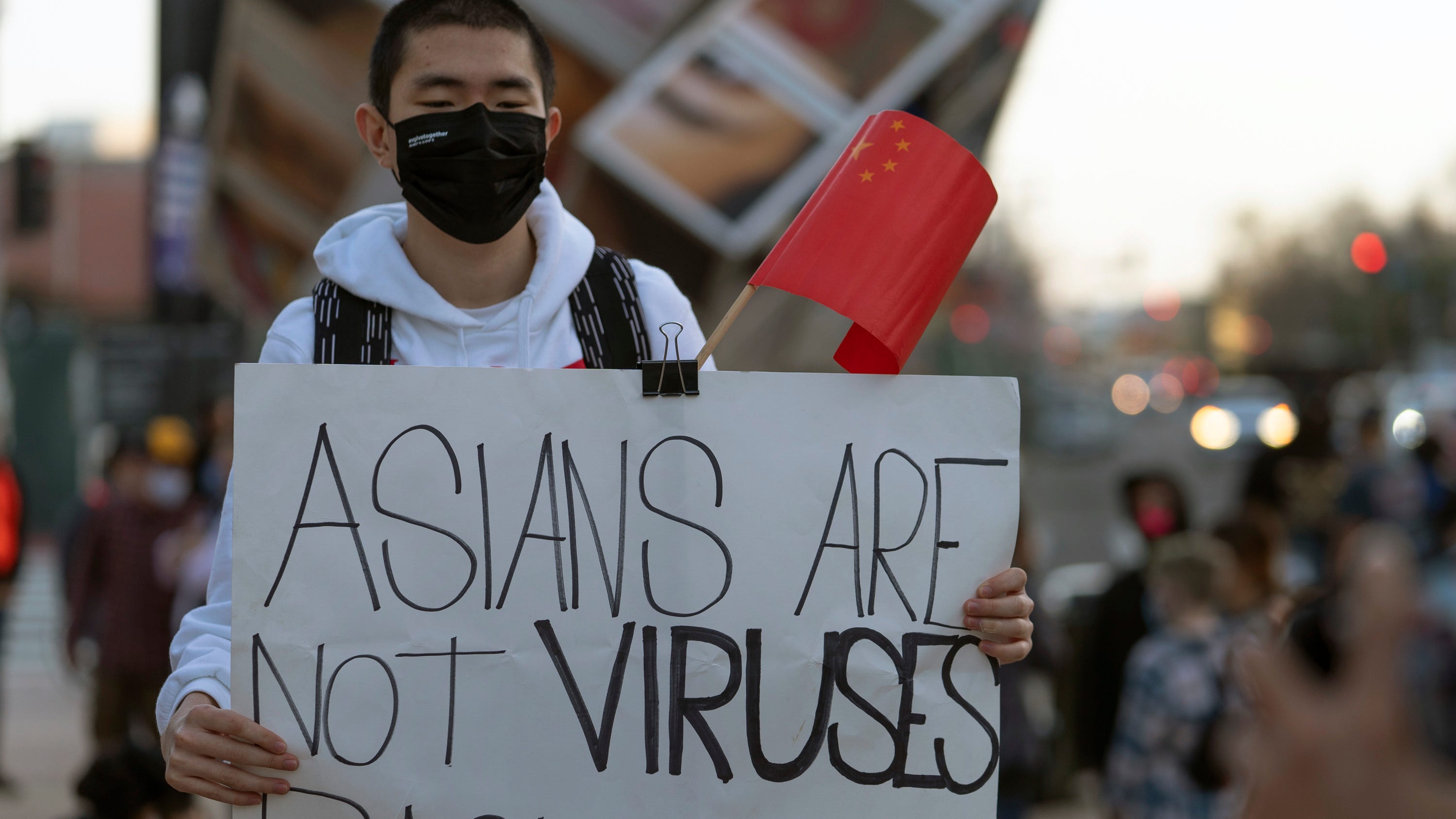Humor is supposed to bring people together, right? But what happens when a joke crosses the line and becomes offensive? Racist jokes have been around for centuries, but their impact on society is more damaging than most people realize. These jokes perpetuate stereotypes, hurt marginalized communities, and reinforce systemic racism. It’s time we talk about why racist jokes are never okay and how we can create a more inclusive world.
Imagine walking into a room, hearing a joke about your race, and feeling the weight of it settle in your chest. It’s not just a punchline; it’s an attack on your identity. Racist jokes aren’t harmless banter—they’re weapons that perpetuate hate. In this article, we’ll dive deep into why these jokes are harmful, their impact on mental health, and how we can foster a culture of respect and understanding.
Let’s be real here—humor has the power to break barriers, but it can also build walls. When someone tells a racist joke, they’re not just making a joke; they’re contributing to a system that dehumanizes entire groups of people. It’s time to unpack this issue and figure out how to move forward without leaving anyone behind.
Read also:Vegamovies Kdrama Your Ultimate Streaming Destination
Understanding Racist Jokes: What Are They Really?
Racist jokes are more than just words strung together to make people laugh. They’re a reflection of deeply ingrained prejudices and stereotypes. These jokes often target specific racial or ethnic groups, using offensive language, caricatures, or exaggerations to mock their culture, appearance, or behavior. But here’s the thing—they’re not funny. Not even a little bit.
Think about it: why do these jokes exist in the first place? A lot of it boils down to ignorance and a lack of empathy. People who tell racist jokes might not even realize the harm they’re causing, but that doesn’t excuse it. Whether intentional or not, these jokes perpetuate harmful narratives that can have real-world consequences.
Why Do People Tell Racist Jokes?
It’s a question that’s been asked time and time again: why do people feel the need to tell racist jokes? The answer isn’t simple, but here are a few reasons:
- Ignorance: Some people genuinely don’t understand the impact of their words.
- Peer Pressure: Others might tell racist jokes to fit in with a group or gain approval.
- Reinforcement of Bias: These jokes can reinforce existing prejudices and make them seem acceptable.
- Entertainment: Sadly, some people think it’s okay to laugh at others’ expense.
But here’s the thing—none of these reasons justify the harm caused by racist jokes. It’s time to hold people accountable for their actions and create a culture where everyone feels safe and respected.
The Impact of Racist Jokes on Mental Health
Racist jokes don’t just hurt feelings; they can have a significant impact on mental health. For people who belong to marginalized communities, hearing these jokes can lead to feelings of anxiety, depression, and even trauma. It’s like being constantly reminded that you’re “other” or “less than.”
A study conducted by the American Psychological Association found that exposure to racist humor can increase levels of stress and decrease overall well-being. It’s not just about the immediate reaction; the long-term effects can be just as damaging. People who experience racism through jokes might start to internalize those negative messages, leading to low self-esteem and a lack of confidence.
Read also:Rebecca Casiraghi The Graceful Princess Of Monaco You Need To Know About
How Racist Jokes Affect Society
It’s not just individuals who are affected by racist jokes—society as a whole suffers too. When these jokes are normalized, it creates a culture where racism is seen as acceptable. This can lead to increased discrimination, hate crimes, and a lack of empathy for others.
Take a look at social media platforms, for example. Racist jokes are often shared and liked without a second thought, perpetuating the cycle of hate. It’s time to call out this behavior and demand better from ourselves and others. We need to create a world where everyone feels safe and respected, regardless of their race or ethnicity.
The History of Racist Jokes: How We Got Here
Racist jokes have been around for centuries, dating back to a time when slavery and segregation were the norm. These jokes were used as a tool to dehumanize people of color and justify their oppression. While we’ve made progress as a society, the legacy of these jokes still lingers today.
In the past, racist jokes were often featured in popular media, from minstrel shows to Hollywood films. These portrayals reinforced harmful stereotypes and normalized racism. Even though we’ve come a long way since then, remnants of this history still exist in our culture. It’s important to acknowledge this past and work towards a better future.
Modern-Day Examples of Racist Jokes
You might think that racist jokes are a thing of the past, but unfortunately, they’re still very much alive today. Just take a look at some of the headlines from the past few years:
- A comedian makes a joke about a specific racial group during a live performance.
- A celebrity shares a racist meme on social media, sparking outrage.
- A company uses racist humor in an ad campaign, only to face backlash from the public.
These examples show that racist jokes are still being told, even in 2023. It’s up to us to challenge this behavior and demand change.
Why Racist Jokes Are Never Okay
Let’s get one thing straight: racist jokes are never okay. No matter the context, no matter who’s telling them, and no matter who’s listening. Here’s why:
First off, these jokes perpetuate stereotypes that have been used to oppress people for centuries. They reinforce the idea that certain races or ethnicities are inferior, which is not only untrue but also dangerous. Secondly, they create a hostile environment for people of color, making them feel unwelcome and unsafe. And finally, they contribute to a culture of hate and division, which is the opposite of what we should be striving for.
The Fine Line Between Humor and Harm
Some people might argue that they’re “just joking” or that they didn’t mean to offend anyone. But here’s the thing—intent doesn’t matter as much as impact. If your words hurt someone, it’s your responsibility to acknowledge that and make amends. It’s not about whether you meant to offend; it’s about the effect your words have on others.
We need to be more mindful of the language we use and the jokes we tell. Humor can be a powerful tool for bringing people together, but it needs to be used responsibly. That means avoiding anything that could be seen as racist, sexist, or discriminatory.
How to Respond to Racist Jokes
So, what do you do when someone tells a racist joke? It’s not always easy to know how to respond, but here are a few tips:
- Call it out: Let the person know that their joke is offensive and unacceptable.
- Start a conversation: Ask them why they thought it was okay to tell that joke and explain how it affects others.
- Walk away: If the person isn’t willing to listen, sometimes the best thing you can do is remove yourself from the situation.
It’s important to remember that you don’t have to tolerate racist behavior, even if it’s disguised as humor. Standing up against racism in all its forms is crucial for creating a more equitable society.
Creating a Culture of Respect
One of the best ways to combat racist jokes is by fostering a culture of respect and understanding. This means educating ourselves and others about the harm caused by these jokes and promoting empathy and inclusivity. It’s not enough to simply avoid telling racist jokes ourselves; we need to actively work towards dismantling the systems that allow them to exist.
Here are a few ways you can contribute to this effort:
- Support organizations that fight against racism and promote equality.
- Engage in conversations about race and racism with friends, family, and colleagues.
- Use your platform to amplify the voices of marginalized communities.
Together, we can create a world where everyone feels valued and respected.
The Role of Education in Combating Racist Jokes
Education is key when it comes to combating racist jokes and the prejudices that fuel them. By teaching people about the history of racism and its impact on society, we can help them understand why these jokes are harmful. Schools, workplaces, and community organizations all have a role to play in this effort.
For example, schools can incorporate lessons on diversity and inclusion into their curriculums. Workplaces can offer training sessions on cultural competency and unconscious bias. And community organizations can host events and workshops that promote understanding and empathy.
Resources for Learning About Racism
If you’re looking to educate yourself further on the topic of racism, there are plenty of resources available:
- Books: Check out titles like “How to Be an Antiracist” by Ibram X. Kendi or “Stamped from the Beginning” by Ibram X. Kendi.
- Documentaries: Watch films like “13th” by Ava DuVernay or “I Am Not Your Negro” by Raoul Peck.
- Podcasts: Tune into shows like “Code Switch” from NPR or “Intersectionality Matters!” hosted by Kimberlé Crenshaw.
By educating ourselves and others, we can create a more informed and compassionate society.
Kesimpulan
Racist jokes are not just harmless banter—they’re harmful tools that perpetuate stereotypes and reinforce systemic racism. It’s time to acknowledge the impact of these jokes and work towards a world where everyone feels safe and respected. By calling out racist behavior, promoting education, and fostering a culture of empathy, we can make a difference.
So, what can you do? Start by examining your own biases and committing to being an ally for marginalized communities. Challenge racist jokes when you hear them, and don’t be afraid to have difficult conversations. Together, we can create a world where humor brings people together instead of tearing them apart.
Let’s keep the conversation going—leave a comment below sharing your thoughts on this topic or share this article with someone who might benefit from it. The more we talk about these issues, the closer we’ll get to a more equitable future.
Daftar Isi
- Racist Jokes: The Dark Side of Humor That Needs to Be Addressed
- Understanding Racist Jokes: What Are They Really?
- Why Do People Tell Racist Jokes?
- The Impact of Racist Jokes on Mental Health
- How Racist Jokes Affect Society
- The History of Racist Jokes: How We Got Here
- Modern-Day Examples of Racist Jokes
- Why Racist Jokes Are Never Okay
- The Fine Line Between Humor and Harm
- How to Respond to Racist Jokes
- Creating a Culture of Respect
- The Role of Education in Combating Racist Jokes
- Resources for Learning About Racism
- Kesimpulan


